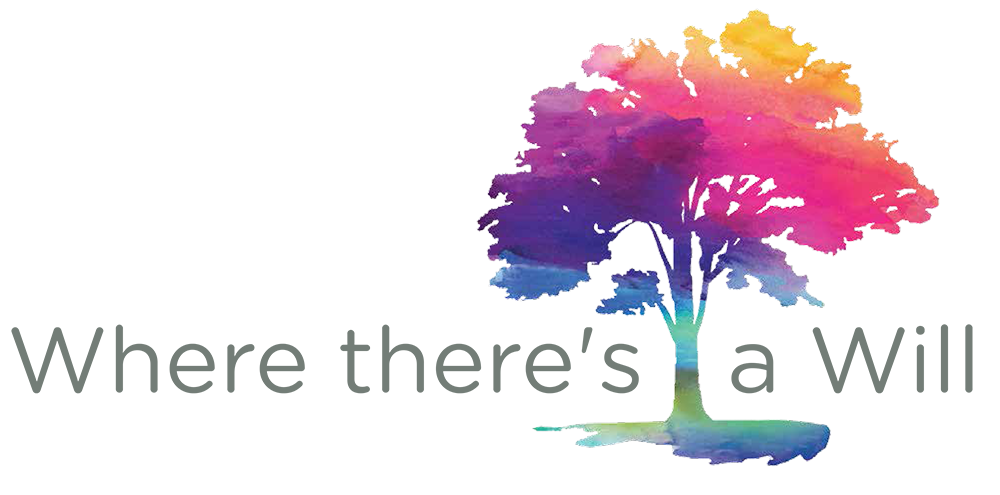Resources
Creating a common language is about understanding and connecting with each other. In our quest to improve mental health and wellbeing, we refer to commonly used terms in mental health and positive psychology. We want to explain them so everyone is able to understand and use a common language.
CHARACTER STRENGTHS
VIA Institute on Character
Research shows that VIA character strengths can be used to address a variety of life challenges and achieve positive personal and professional outcomes, such as: being happier; boosting confidence; strengthening relationships; reducing stress; managing problems; and accomplishing goals.
We are becoming more aware of our character strengths to help ourselves and our team to achieve optimal outcomes for Where there’s a Will. For this reason, we’ve mentioned each of our team members’ top 5 character strengths. If you are interested in finding out your own character strengths, click here to take the VIA Character Strengths free survey.
FLOURISH
Martin Seligman
The ability to flourish is defined as the ability for a person to grow as a human being through good times and through life struggles.
Martin Seligman has also written a book called Flourish – a new understanding life’s greatest goals – and what it takes to reach them. This, along with many other books by Martin Seligman is widely available in bookstores.
MENTAL HEALTH
The World Health Organisation (WHO)
Mental health is a state of wellbeing in which every individual realises his or her own potential, can cope with the normal stresses of life, can work productively and fruitfully and is able to make a contribution to his or her community.
MENTAL HEALTH FIRST AID (MHFA)
Mental Health First Aid Australia
Mental Health First Aid is the help provided to a person who is developing a mental health problem, experiencing a worsening of an existing mental health problem or in a mental health crisis. The first aid is given until the appropriate professional help is received or the crisis resolves.
PERMA
Martin Seligman
According to Martin Seligman (founder of Positive Psychology), PERMA makes up five important building blocks of wellbeing and happiness and we believe this is the core of our Where there’s a Will philosophy.
- Positive emotions – feeling good
- Engagement – being completely absorbed in activities
- Relationships – being authentically connected to others
- Meaning – purposeful existence
- Achievement – a sense of accomplishment and success
Martin E.P. Seligman has written many best selling books such as Authentic Happiness and Learned Optimism, to name just a couple. This, along with many other books by Martin Seligman is widely available in bookstores.
POSITIVE EDUCATION
The World Government Summit
Positive Education is an approach to education that blends academic learning with character and wellbeing. Preparing students with life skills such as: grit, optimism, resilience, growth mindset, engagement and mindfulness amongst others. It is based on the science of wellbeing and happiness.
RESILIENCE
Angela Duckworth, Chopra Centre
The optimisim to continue when times are tough and you’ve experienced some failures, when others see continuing as futile or impossible. Angela Duckworth, researcher and MacArthur Fellowship winner.
Click here to read more from the Chopra Center.
STRENGTH BASED PARENTING
Dr Lea Waters (PhD)
Strength based parenting is an approach to parenting where you help your kids to maximise and make the most of the skills, talents, character, positive assets they have. Working with kids strengths have before you to seek to switch weakness.
For more reading, follow Professor Lea Waters @ProfLeaWaters on facebook, Instagram & Twitter, visit her website and consider her book, Strength Switch.
VISIBLE WELLBEING
Dr Lea Waters (PhD)
Visible Wellbeing™ (VWB) combines wellbeing with learning and teaching to enable schools to build wellbeing in students, staff, parents and their community.
Designed by Dr Lea Waters (PhD), research professor and world expert in positive psychology. The VWB techniques help teachers to use the learning process itself to build student wellbeing. It is a flexible approach, which can be applied across any subject matter, and in all contexts – early learning, primary, secondary, and in the staff room. Academic learning and wellbeing are truly integrated.
